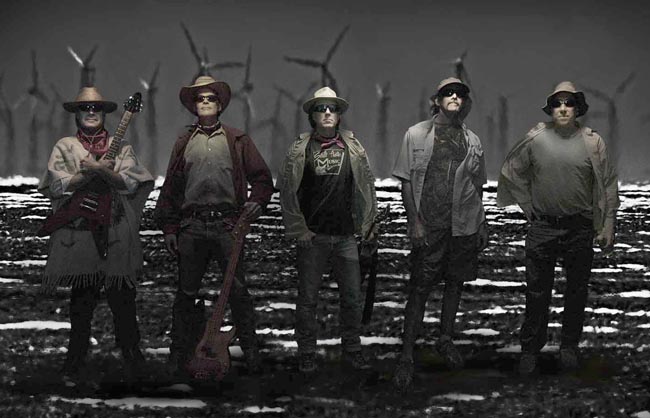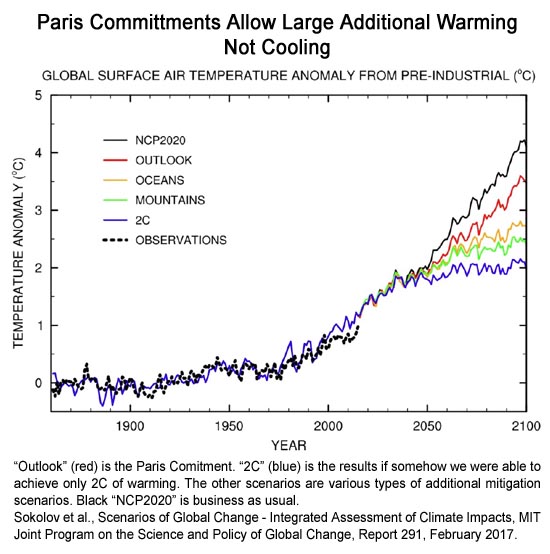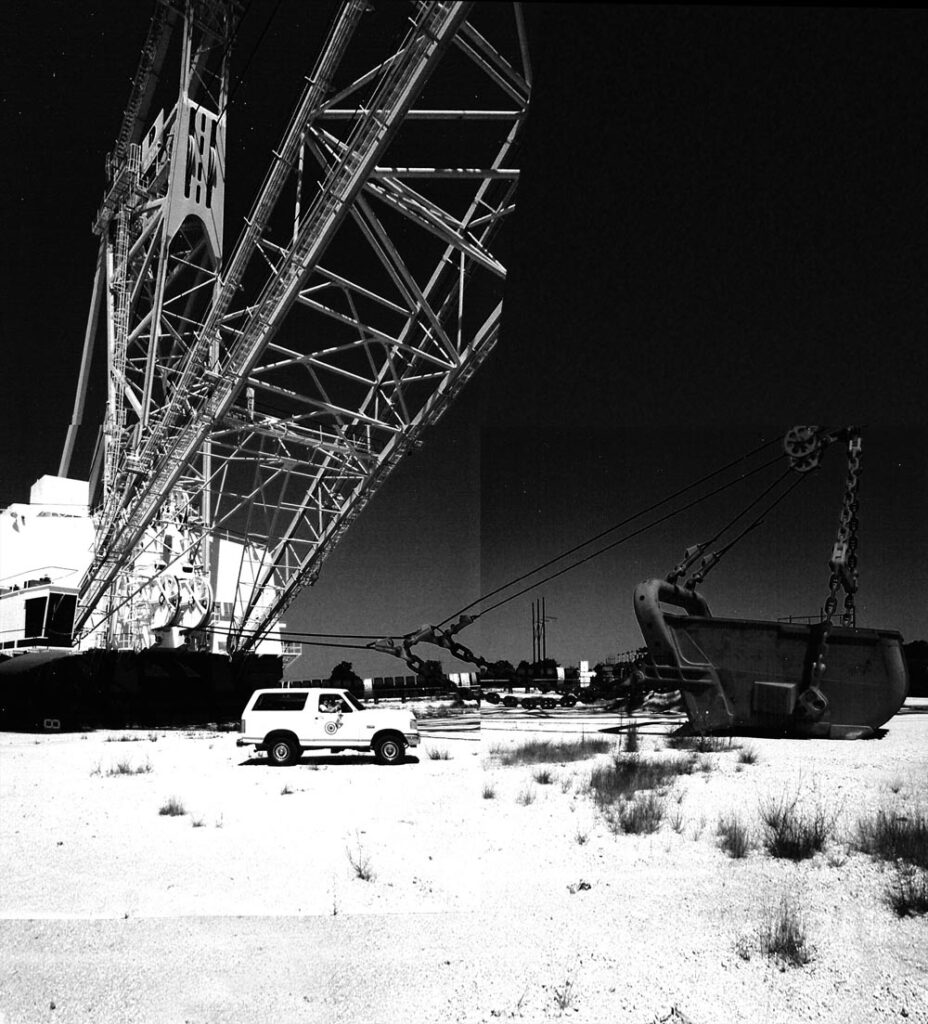
What can we do as individual citizens that is the most meaningful of all climate change actions? How can we best use our time to create the biggest difference? This question has a very surprising answer. The 2016 Yale Program on Climate Communications poll Spiral of Silence is a short, simple “must read” for anyone…










